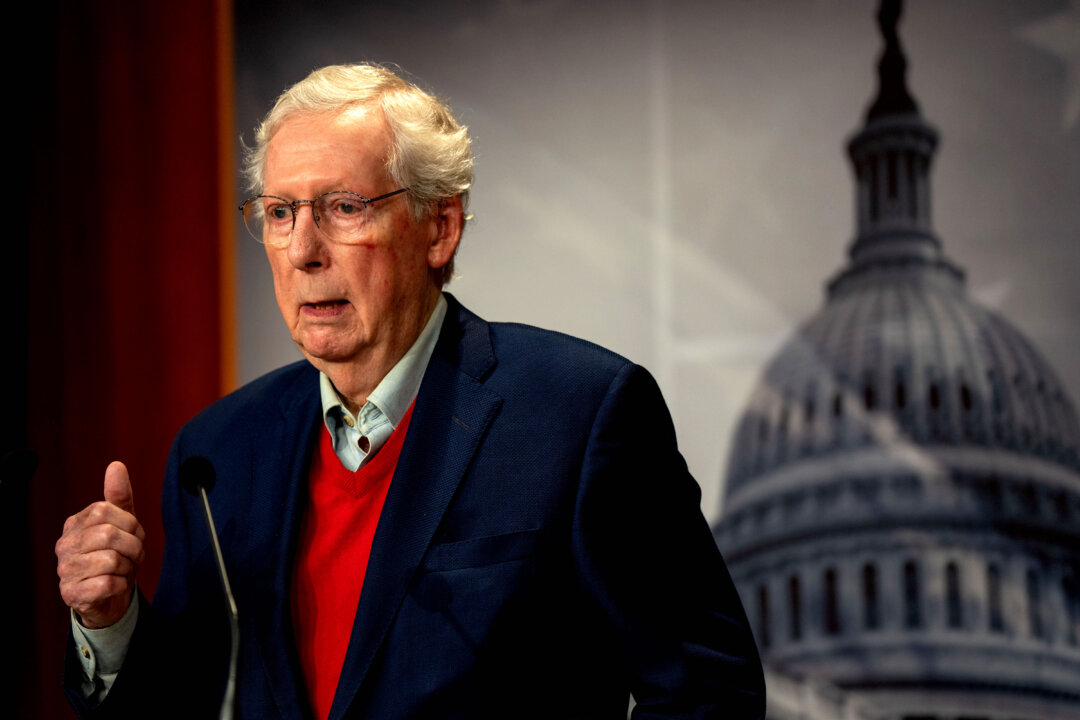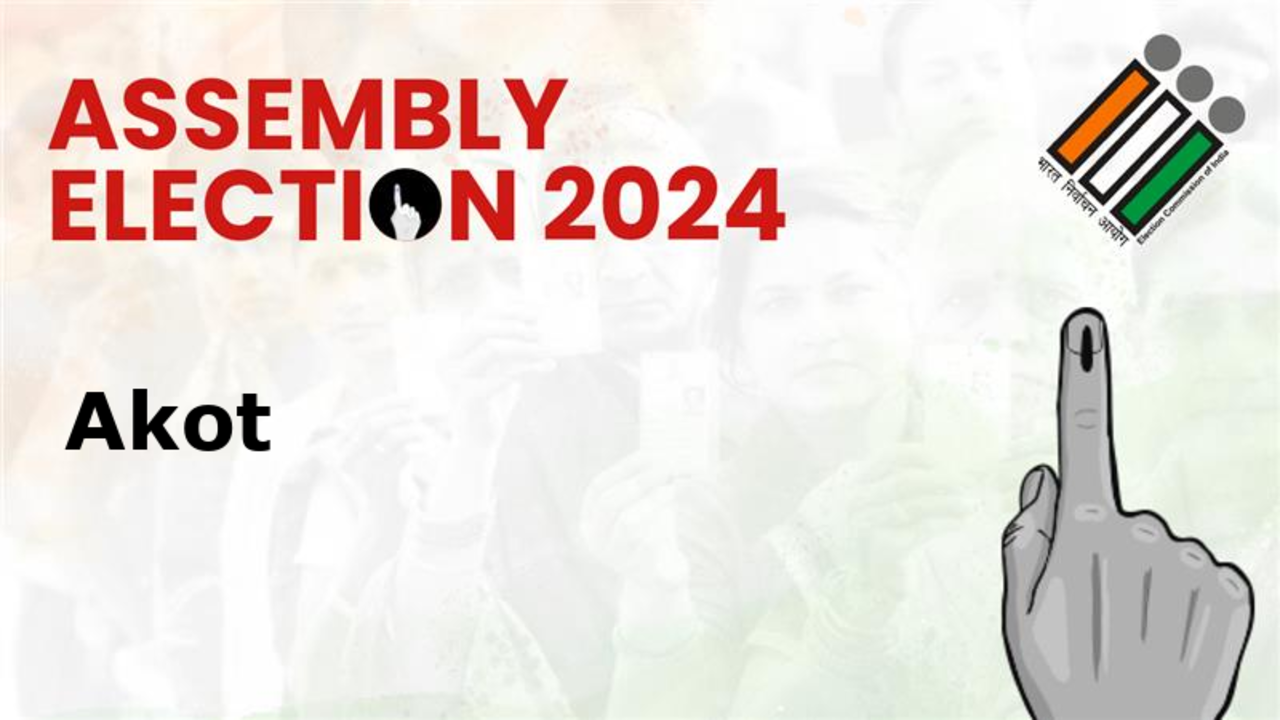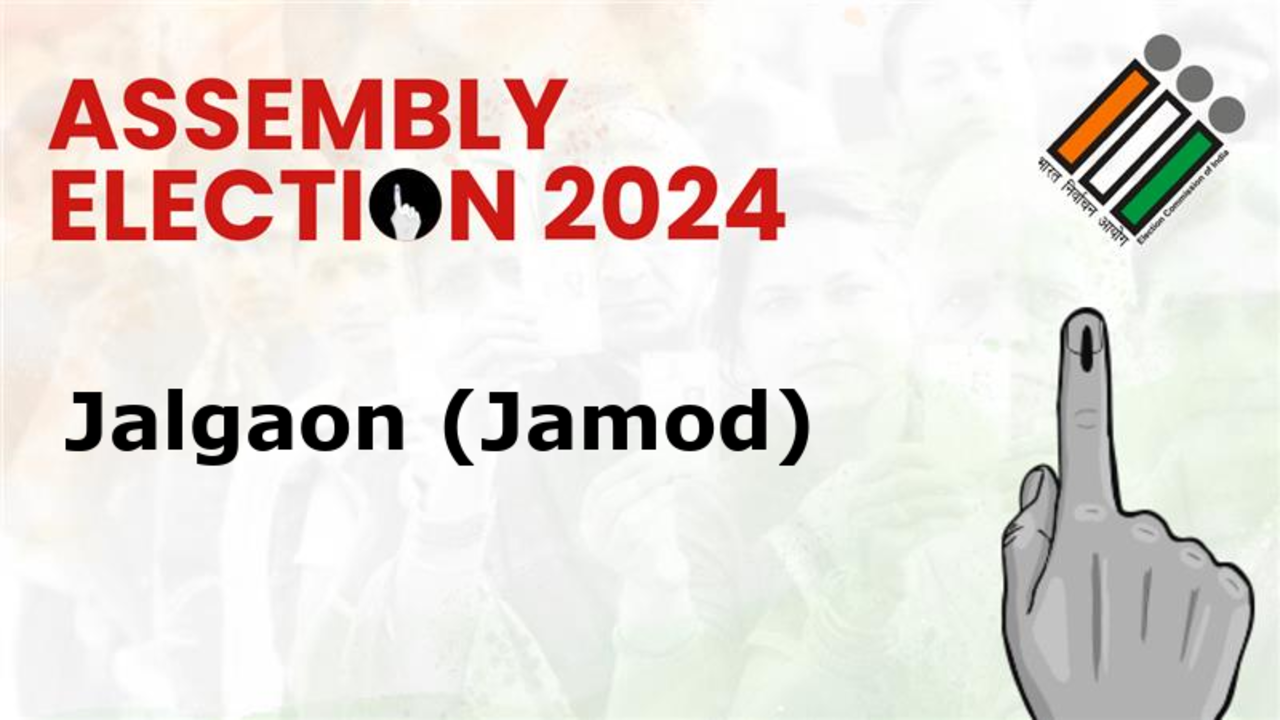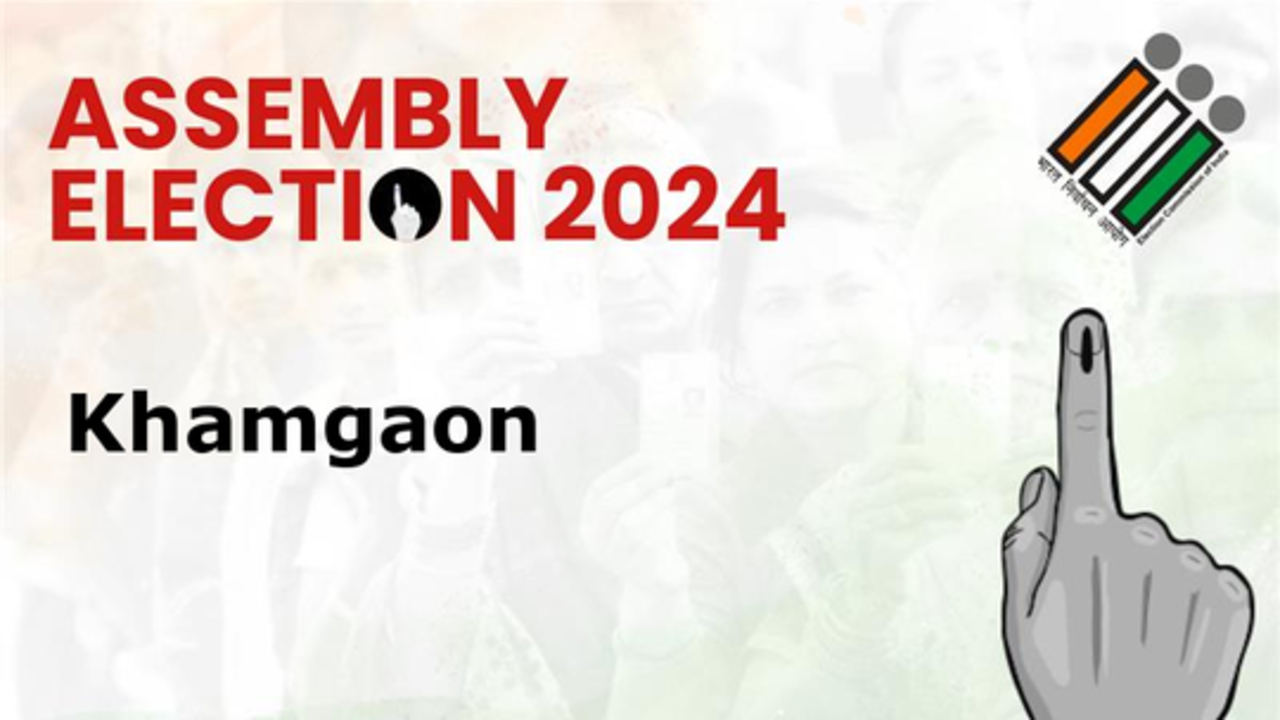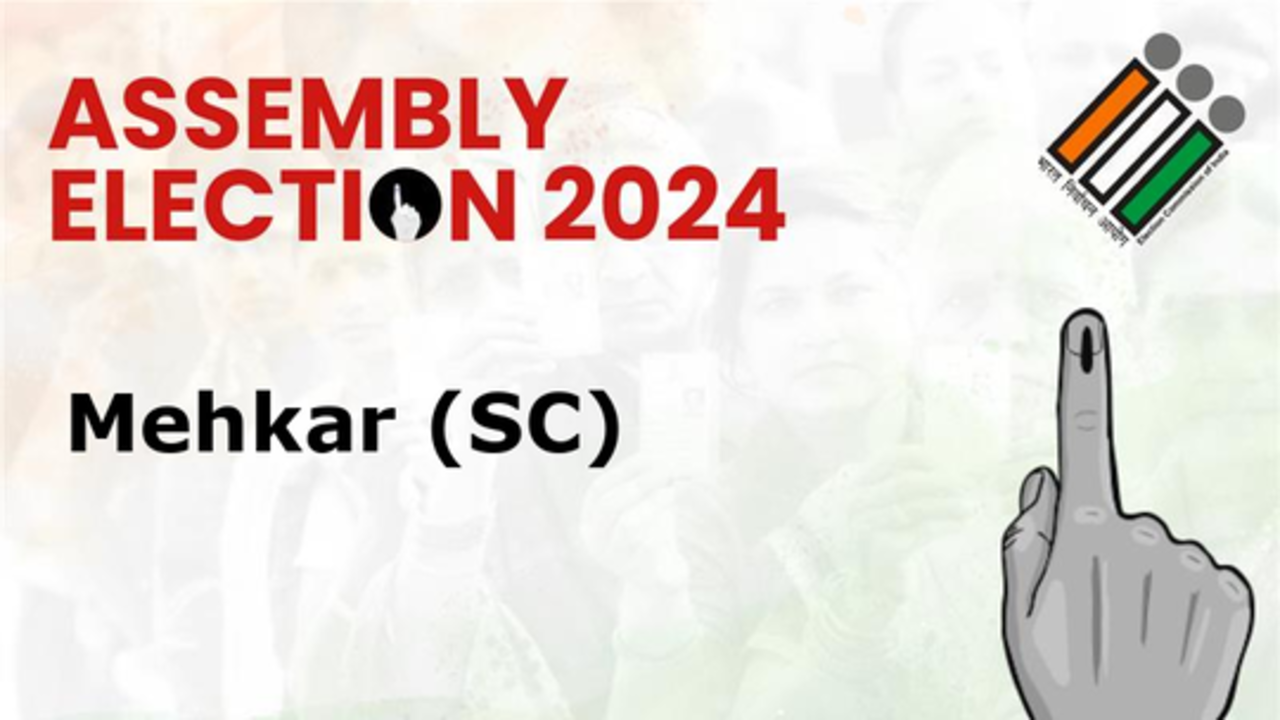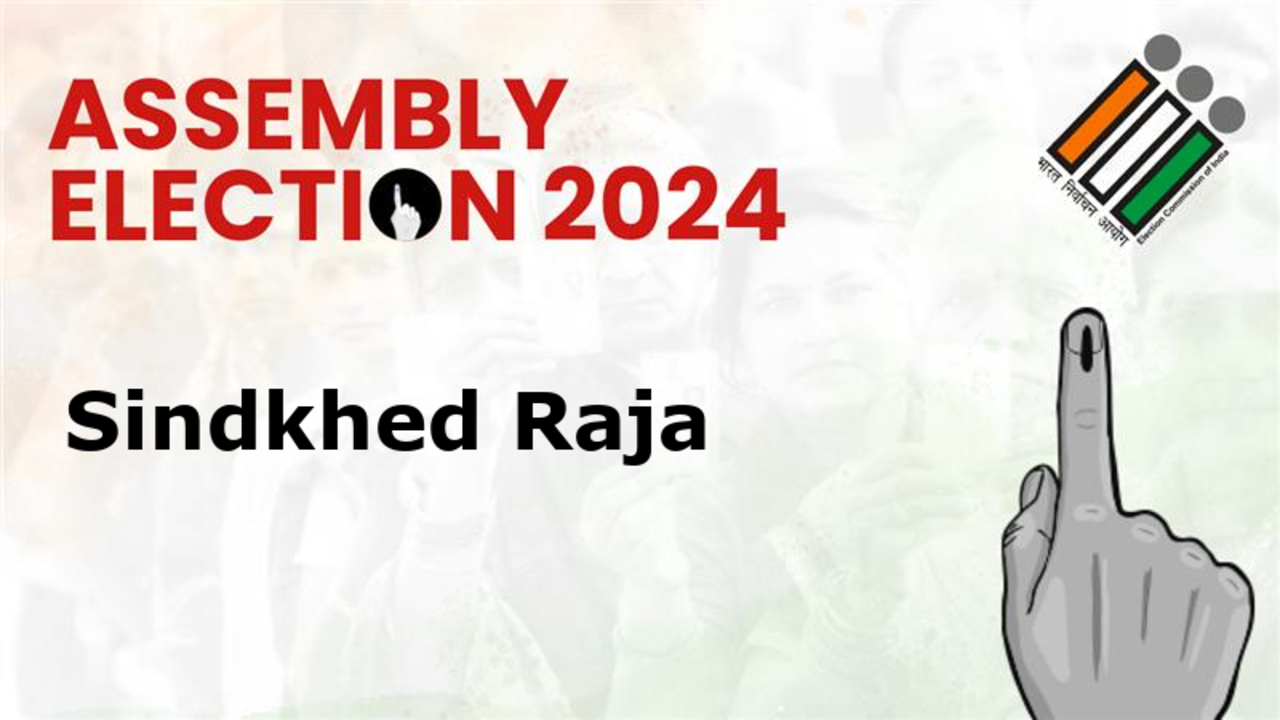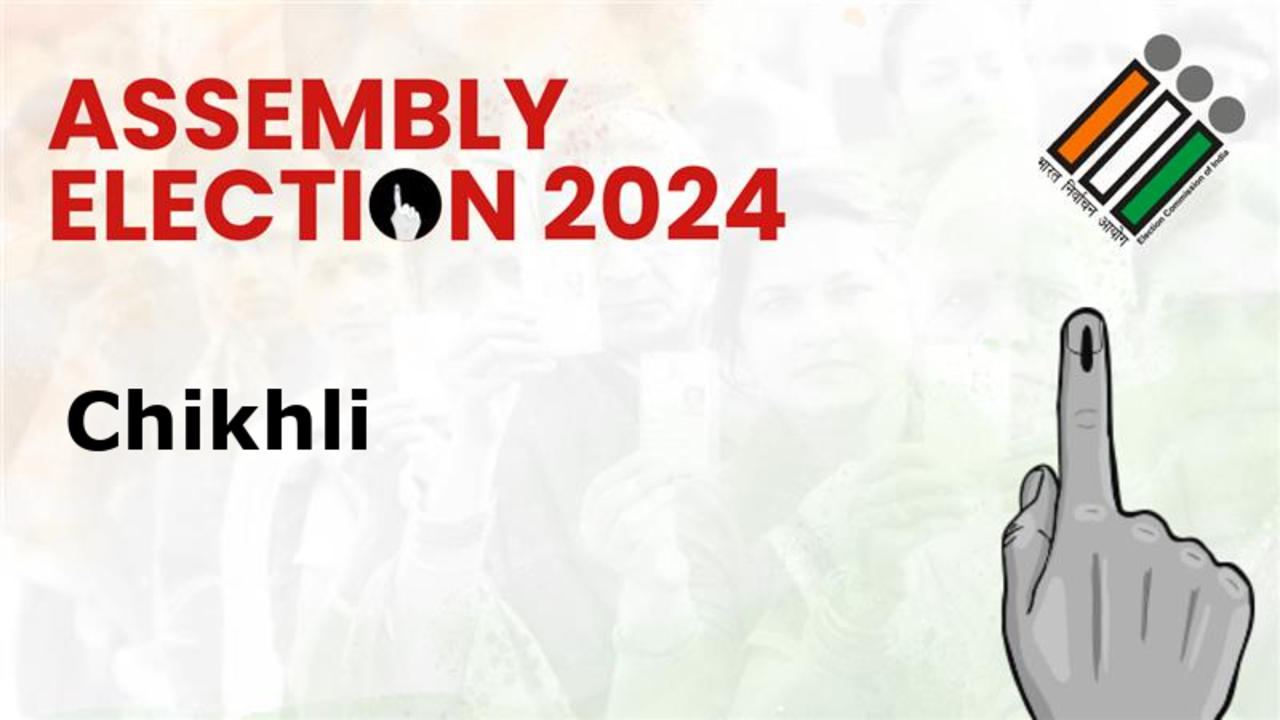
Mining magnate Clive Palmer has vowed to challenge Labor’s sweeping electoral finance reforms in the High Court, joining teal independents to slam the proposals as a scheme to lock minor parties out of politics. Special Minister of State Don Farrell on Friday revealed plans to cap the amount a candidate can receive from a single donor at $20,000 and the total a candidate can spend in a seat at $800,000 after months of talks with the Coalition resulted in an in-principle agreement that could get the laws through parliament this month. Independent senator David Pocock, Special Minister of State Don Farrell and mining magnate Clive Palmer.
Credit: Fairfax Media But Palmer, who spent more than $100 million last election on his United Australia Party, said the major parties’ agreement was a “disgrace”. “The only hope for Australian people is if the High Court looks at the Constitution and the implied rights of freedom of speech,” Palmer said in a statement. “This new legislation is designed to rig elections.
It will also hinder the independents, the regular Australians, from standing for parliament, which is what the Constitution was designed for. “As an Australian citizen, I will challenge these unconstitutional acts, which will suppress freedom. We have just witnessed with the results of the US election, that populations overwhelming want democracy and freedom.
” The Greens and independent MPs Kate Chaney, David Pocock and Monique Ryan all expressed scepticism about the plans, which they fear will benefit incumbent MPs who can spend hundreds of thousands of dollars on voter communications. “I think the public should be very suspicious of the deal that the major parties have secretly agreed to without anyone seeing the exposure legislation at the very last minute,” Chaney, who has been leading the teals’ advocacy on donation reform, said on ABC TV. Pocock said rushing through the complex, lengthy bill in a fortnight represented a “major party stitch-up that subverts parliamentary process”.
“This would be terrible for our democracy ...
This is a secret deal cooked up between the major parties who are clearly terrified of minority government.” Farrell said he was firm in his view that keeping United States-style mega-spending out of politics was a good thing for Australian democracy and argued the bill’s provisions had been flagged for months. “The Australian electoral system should not work on the basis that the only people who can be elected into parliament are people who are sponsored by billionaires,” he said.
Asked whether the changes would hurt independents, he emphasised the Westminster system, which is underpinned by the two-party system. Farrell said he was confident the opposition would agree to the proposal. Senior opposition sources, unable to publicly share confidential deliberations, said on Thursday that a deal was not done and remained subject to the will of the Coalition party room.
Major parties would still be able to spend $90 million across the country on things such as advertising under the proposal . However, the parties would need to fundraise that money under the same rules as independents. A spokesperson for Climate 200, the funding vehicle for teal MPs, said independents would have a harder time getting elected under the proposed laws because they would get scant taxpayer help.
“Conversely, the party incumbent’s campaign would be largely funded by the taxpayer, topped up by entities like the Liberal Party’s $120m Cormack Foundation.” Workplace Relations Minister Murray Watt accused the teals of hypocrisy on ABC radio. “It’s really up to the independents to explain to the Australian people how they can criticise the major parties for taking donations and yet not want similar rules to apply to themselves,” Watt said.
Cut through the noise of federal politics with news, views and expert analysis. Subscribers can sign up to our weekly Inside Politics newsletter ..








